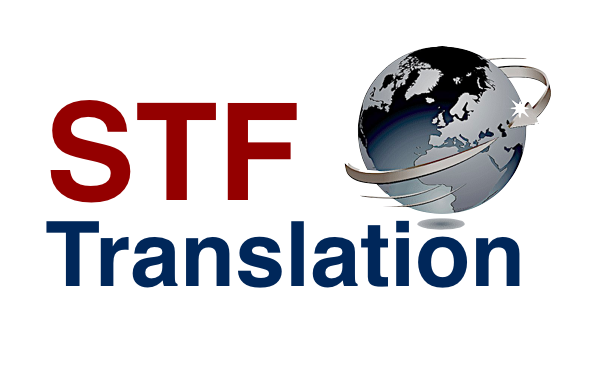To all our colleagues and business partners our best wishes on the International Translation Day, 30 of September!

Let’s take a look at some historical facts concerning the establishment of this day as a special day of translators all round the world, and challenges faced by translators in the modern world.
It is not so long ago as International Translation Day was recognised as a world event.
The United Nations (UN), the UN General Assembly adopted a resolution to declare September 30 as the International Translation Day on May 24, 2017.
This day recognizes the contribution of language specialists to reinforcing international understanding, improving communication and cooperation among nations for worldwide peace and security.
Translation is one of the oldest professions, rooting in the times when at least one pair of different languages came into existence. To make a bridge between two tribes and two languages, using any means to make people understand each other, was the mission of first translators.
The conditions of the translations’ work were changing through time as well as the demands put forward to the final translated text.
Surely, when working with a text, the translator has to deal with words of multiple meanings, a big variety of means which are different in the language of the source text and the targeted language and to search for the best way to convey the meaning. And it will be always like this. Though the question here is how the translators’ job goes on in present days, regardless of the languages but in concern of the social and economic processes, demands and expectations of the modern world.
Let’s discuss at least some of the them.
Increasing competition from other translators
Globalisation and increased interconnection of the world made it easier for customers to rich a big number of translators who can take up the task and make it quickly and professionally. A quick web search presents customers with the most active and renowned translators, many of which are often larger companies.
For the independent translator, trying to stand out from the crowd can seem quit overwhelming.
The advise here can be to develop specialised niche, establish personal connections with potential customers and keep on widening your social circles to become known for your special skills and achievements.
Competition from machine-based translation
It’s not just fellow translators that prove to be competitors, the modern translator also has to factor in machine-based translation.
Machine translation is easy to use and free, with solutions such as Google Translate offering the ability to simply copy and paste foreign-language text and click ‘translate’.
Though machine-translation tools are developing very fast, surprising with a raising quality of the equivalents provided for the words and phrases, this kind of translation needs much more work and efforts from a human being to make the text acceptable. Especially if it goes about language pairs which are not in the same family group or about rare languages.
Machine-based translation is really a good help either for amateur language user or for a professional translator, but the significant difference between them is the knowledge and skills of dealing with the text translated by the machine and making it work for the purposes of the human communication. Fine details, hidden meanings, and sometimes openly wrong choices done by the machine are only some things which should be professionally monitored and adjusted to the real language and factual text meaning.
Pricing accurately
With the wide variety of translators from across the globe, the rate of pay varies greatly. Translators who live in some countries may charge less than translators who live in expensive countries.
It can be stressful to think that customers might be getting significantly better value from other translators, and deciding how to put a price on the translation services.
To deal with pricing, the translator needs to be aware of the market situation and at the same time be confident in their abilities to perform reliably and professionally. Over time the circles of the customers will get more settled and it will be easier to manage prices and financial offers.

In Conclusion
These are just a few remarks to mention about the translator’s profession nowadays.
The world is changing as well as its expectations to the professionals in different fields. Concerning translators, they definitely must:
- Be knowledgeable within the languages of translation;
- Understand their strong and weak sides in translation and to present themselves accordingly, i.e. doing the translations within the topics and languages which they feel absolutely confident;
- Be aware of the market processes and the demands for translations;
- Perform quickly and reliably in terms of timing, quality and accuracy;
- Be skilful in using at least one or two machine-translation tools to help you work quickly and consistently;
- Be flexible in timing, performance, negotiations and conditions. As there are no two same persons, there are no two same texts, which means that the conditions of translating and processing the text will always vary;
- Be open to new knowledge and opportunities, keep on reading to absorb the language norms and broaden your background knowledge. It is not hard to do but it will always work well when you will come across with the task to translate some specific, complicated texts or edit the machine-translated drafts to the level of the language which is acceptable in high academic or political circles.
Yet, despite all challenges, translation is a great area to work in. Meeting new people, learning more about other cultures and countries, and being tuned about the latest processes in the world are the things which make the translator’s job exciting and dynamic.
Happy International Translation Day!
STF Translation Team
Feel free to contact us: